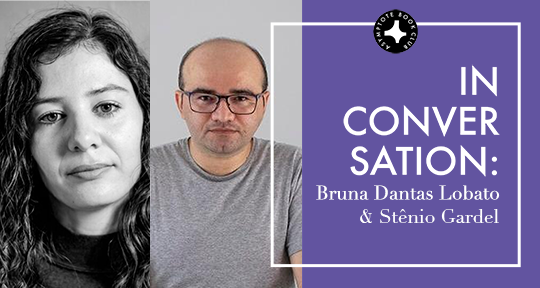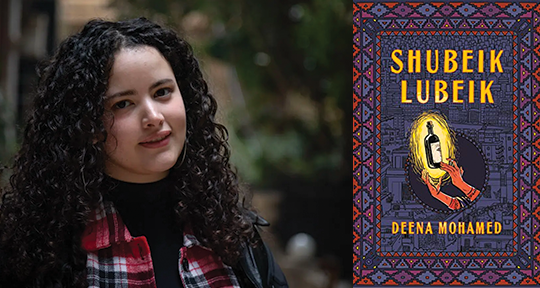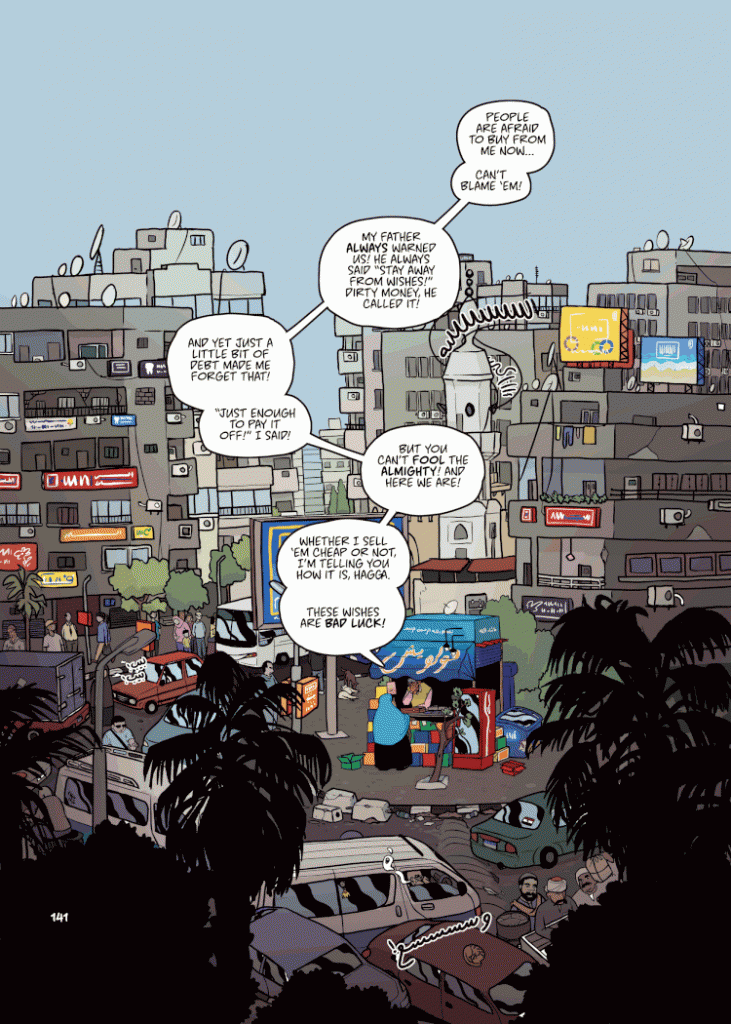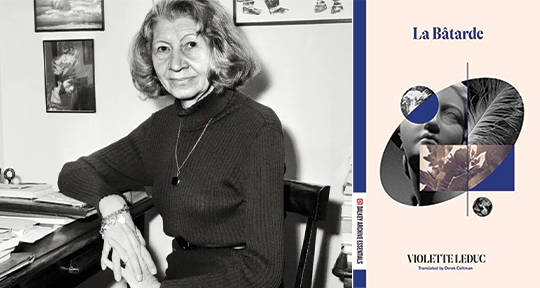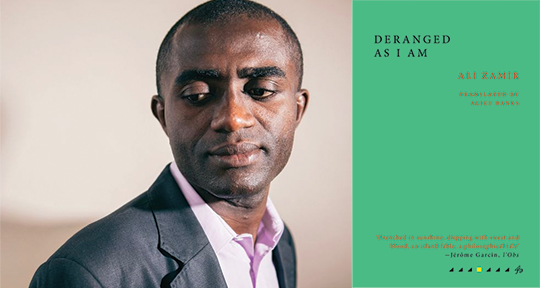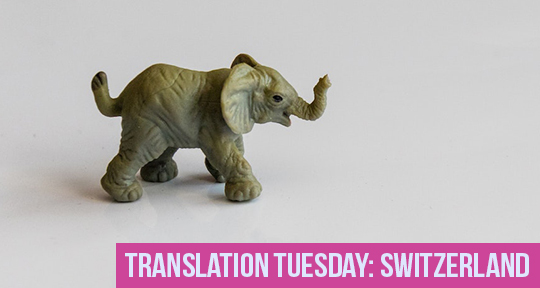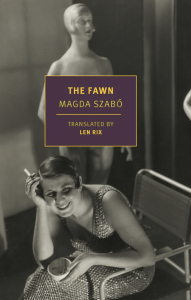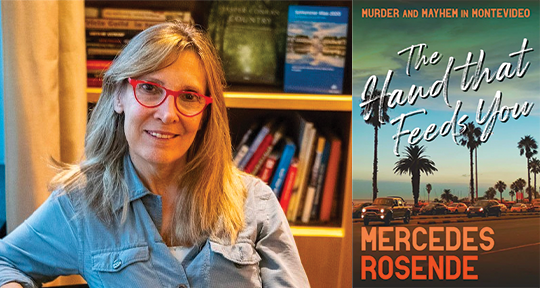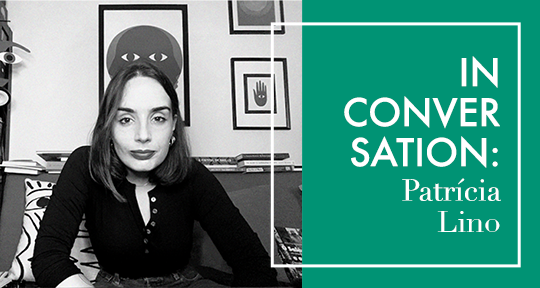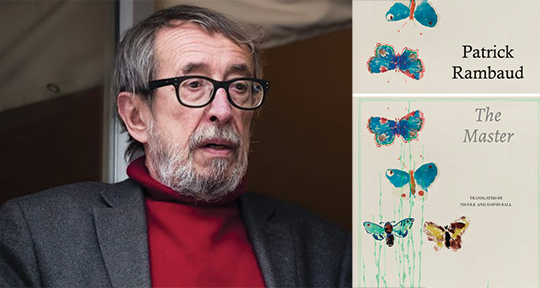In his debut novel, The Words That Remain, Stênio Gardel’s draws out the sublime transformations that language enables. Written in the vivid mind of Raimundo, an illiterate, gay man from rural Brazil, the novel depicts the after-effects of violence, the burden of shame, the pain of unrequited love—and movingly, how learning how to read and write in his old age has transformed all these experiences. We were proud to present this one-of-a-kind novel as our January Book Club selection, and in this following interview, Gardel and his translator, Bruna Dantas Lobato, talks to us about underrepresentation of Brazil’s northeastern region, queer literature, and combating prejudices with writing.
The Asymptote Book Club aspires to bring the best in translated fiction every month to readers around the world. You can sign up to receive next month’s selection on our website for as little as USD20 per book; once you’re a member, join our Facebook group for exclusive book club discussions and receive invitations to our members-only Zoom interviews with the author or the translator of each title.
Rachel Stanyon (RS): Firstly, I’d like to congratulate you on this wonderful debut novel. Could you tell us a bit about your paths here?
Stênio Gardel (SG): I started really dedicating myself to writing at the end of 2016. Before then, I’d only had a strong desire, and was storing everything I’d tried to write in computer files or drawers. I had carried this desire for a very long time—since I was twelve or thirteen years old—but never had the courage or the initiative to start, nor the dedication required to become an author. Then, at the end of 2016, I started taking classes with the writer Socorro Acioli, and everything changed from there. I learned a lot from her, and that was where The Words That Remain started.
Bruna Dantas Lobato (BDL): Like Stênio, I was also born and raised in the northeast of Brazil, but when I was about seventeen, I got a scholarship to go to a boarding school in New Hampshire for a while—I had the colonized dreams of speaking French and Latin—and then ended up going to college in New England. I stuck around, went to grad school in New York, and somehow became an immigrant in America.
I’d wanted to be a writer since I was a child, but it was when I found myself as a foreigner for the first time that I realized I was also already a translator; I didn’t really get to choose it. There were so many books I loved that I wanted to share with the people around me in my new life, and I was also continuously writing, so translation—translating Brazilian literature—felt like a way to be my full self again. I was an English major and then a comparative literature major, but it was still very Western, and it felt like I had renounced this huge part of myself. To feel like my full self again, I started translating a bunch in my free time, and took translation classes.
That’s what eventually brought me to Stênio’s work. I was committed to translating books from the northeast of Brazil, which is so underrepresented both in Brazil and abroad, because obviously writing from the big metropolises like São Paulo and Rio always gets a lot more attention. I really wanted to bring the kind of life I knew into the life I live now and into the English language. It’s an honor to translate a book like this one. READ MORE…

